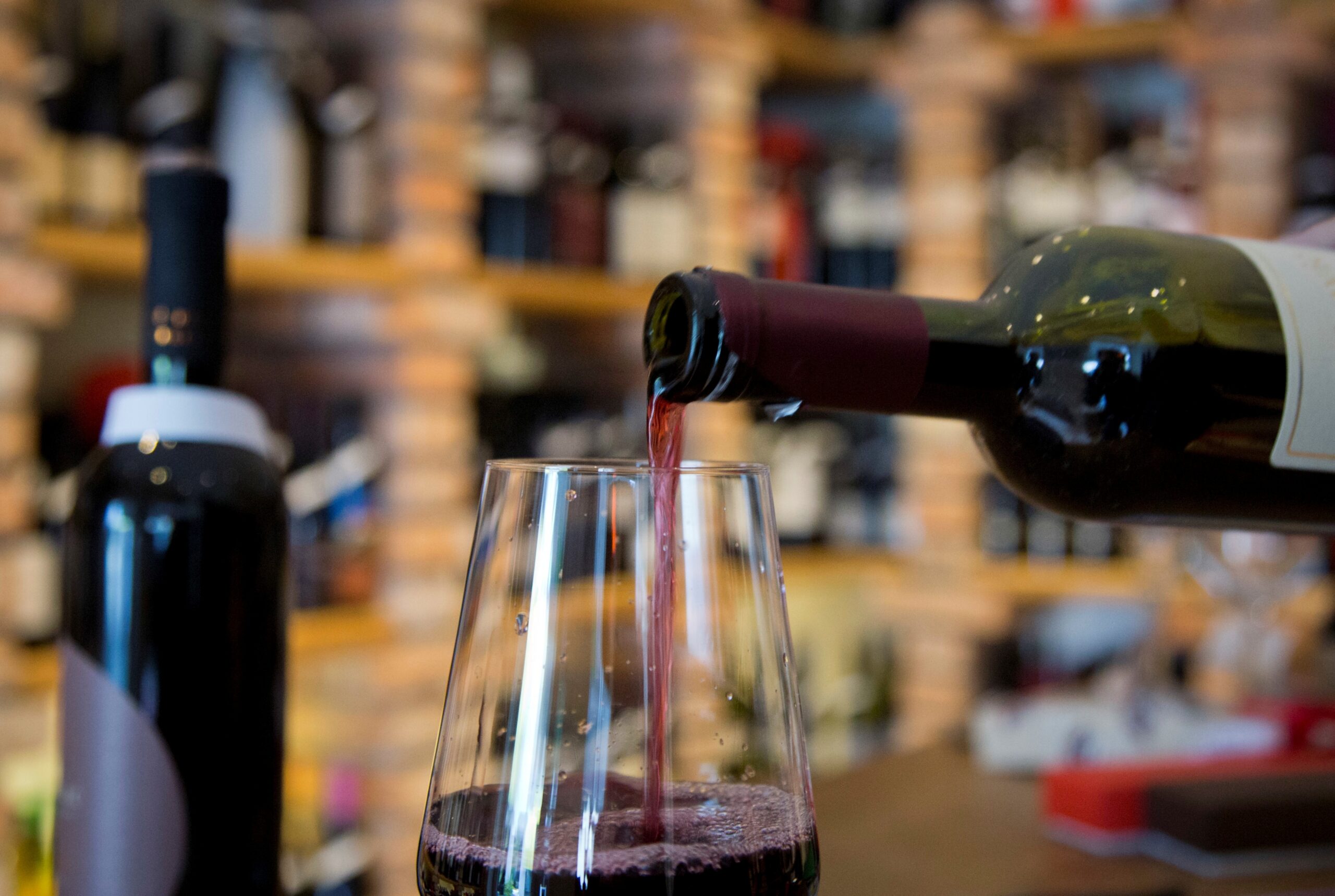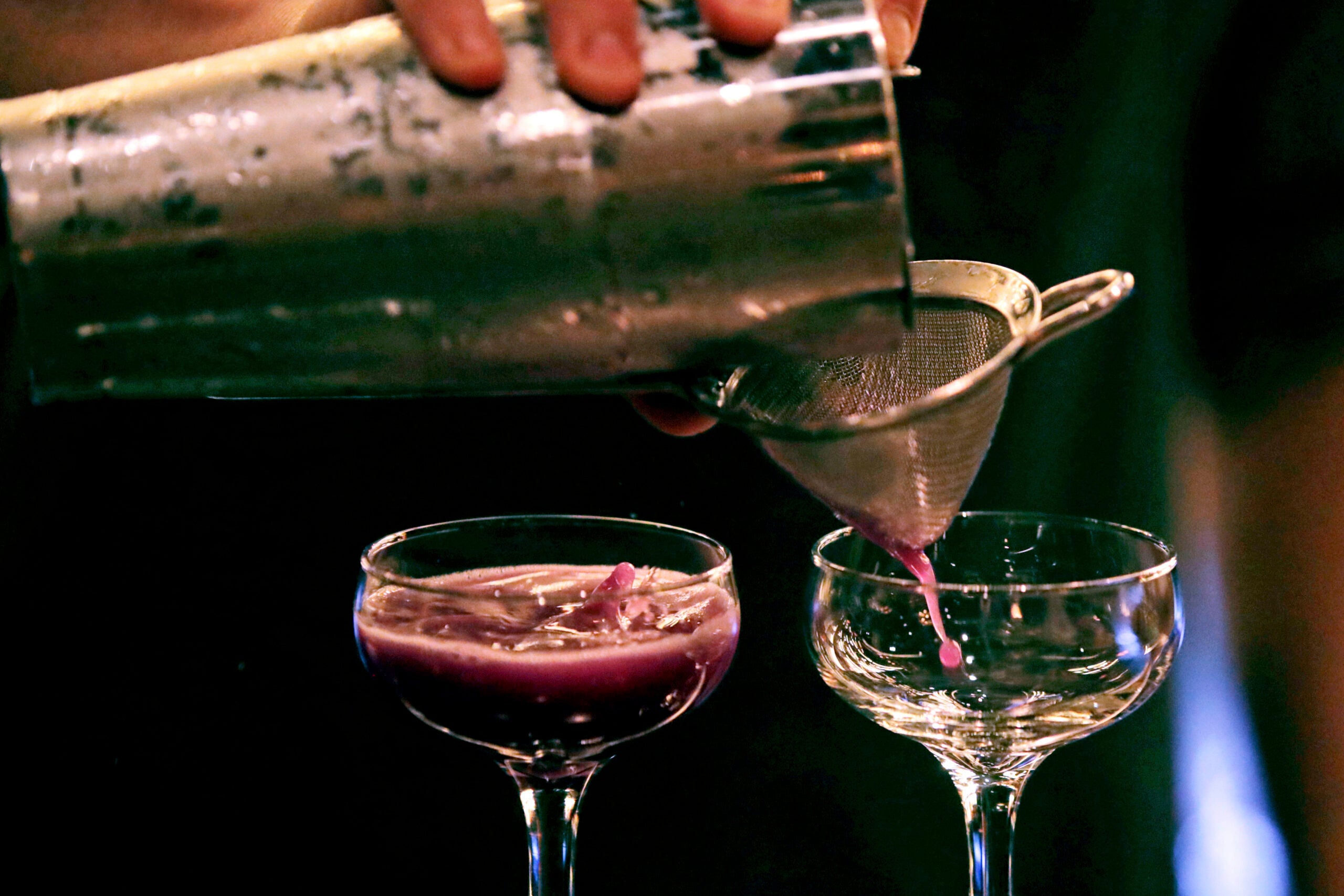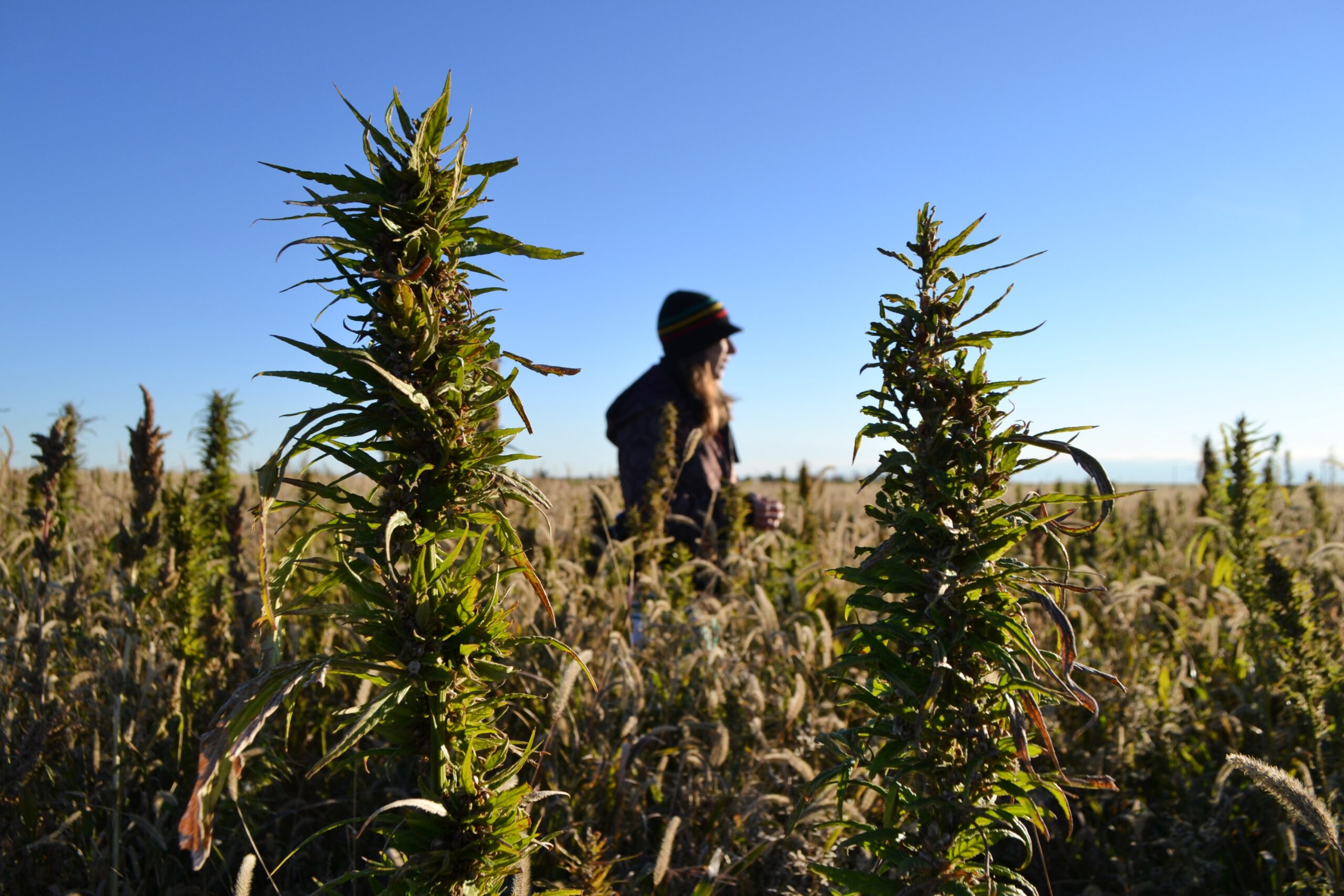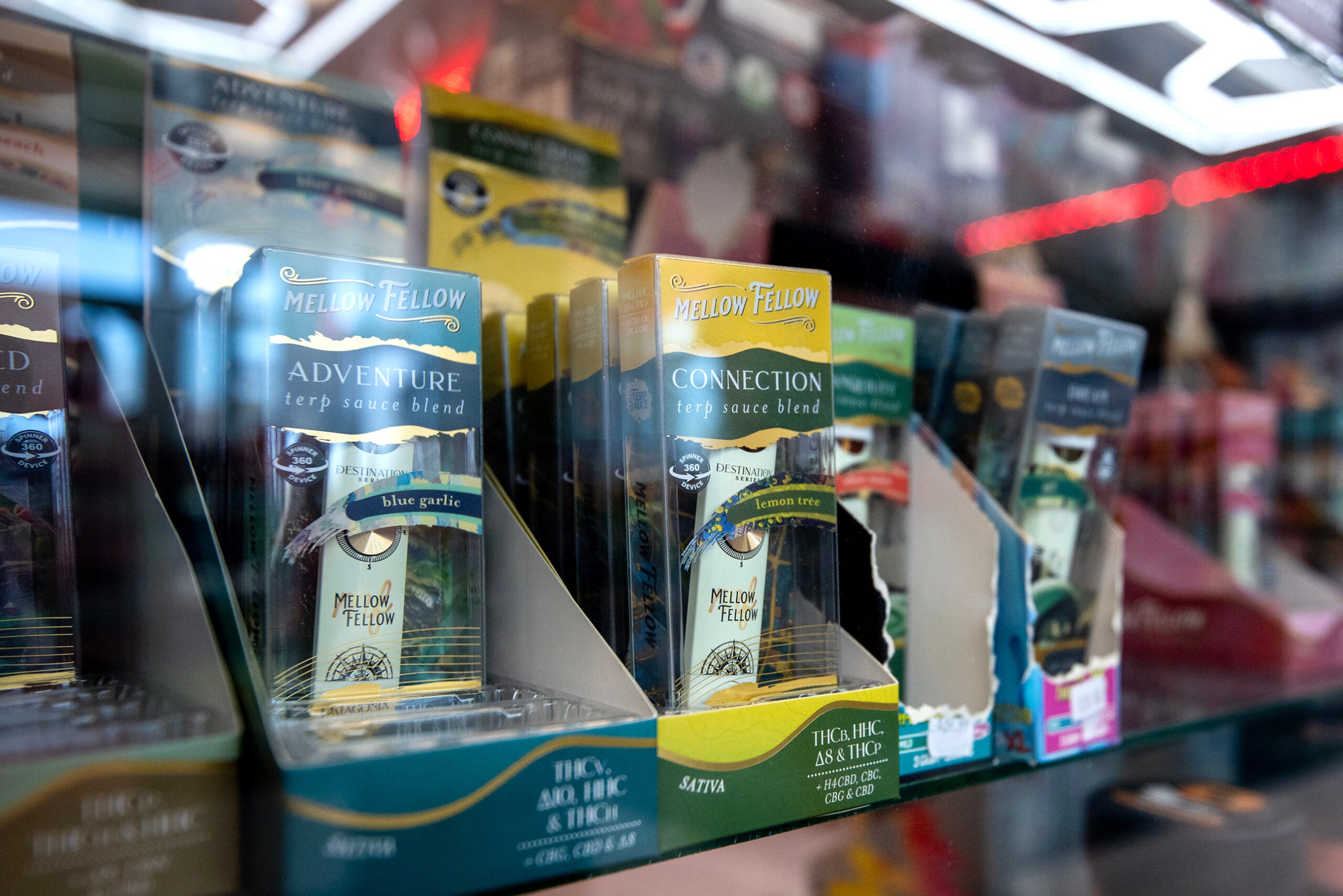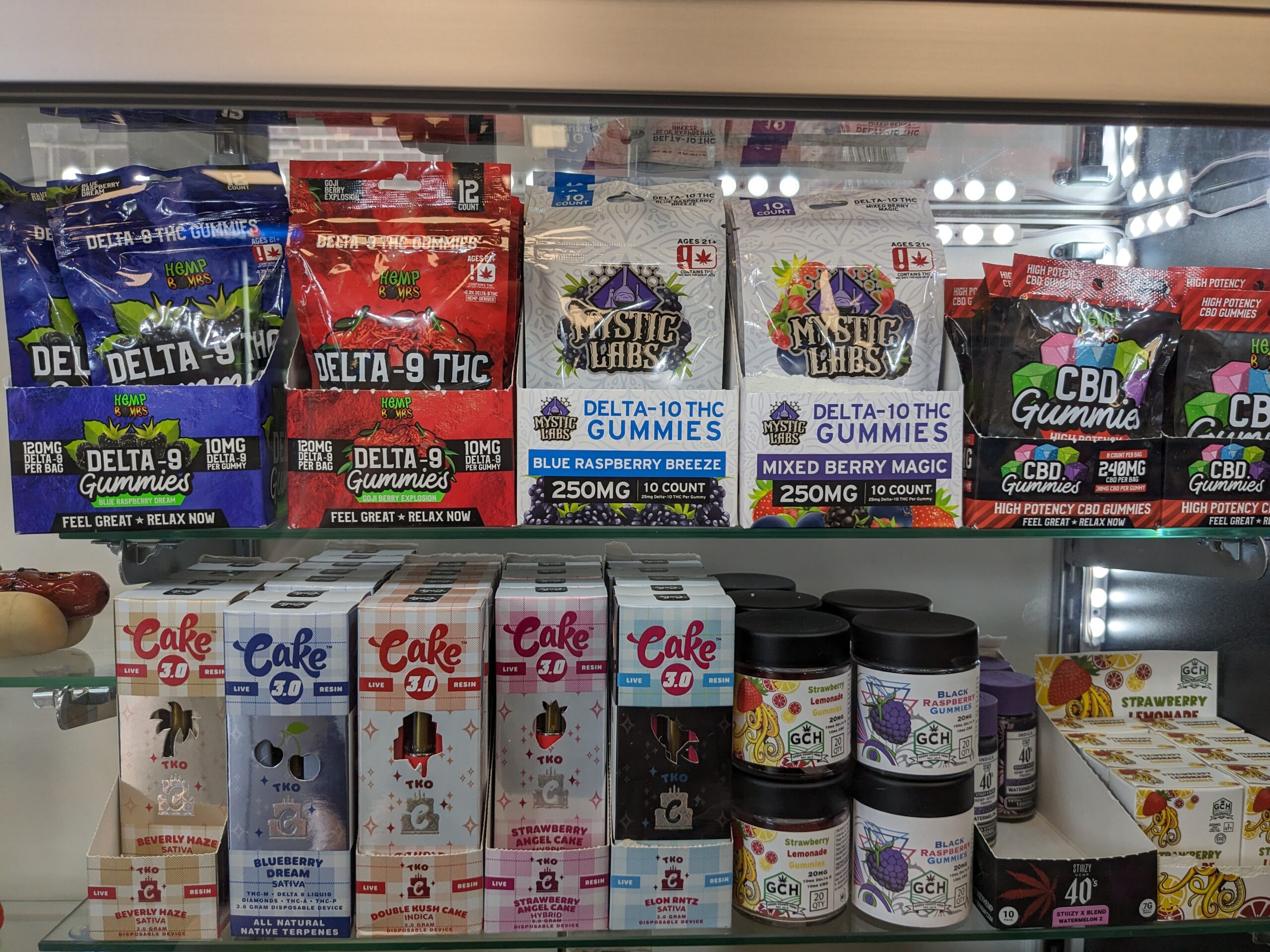Shaun Lapacek wants to make sure his Columbia County winery is in compliance.
The operating licenses for Rock N Wool Winery in Poynette need to be renewed by the start of June and new state laws regulating alcohol just went into effect May 1.
The changes include creating a state permit for alcohol producers to expand their retail offerings. Similar licenses were previously issued by municipalities.
News with a little more humanity
WPR’s “Wisconsin Today” newsletter keeps you connected to the state you love without feeling overwhelmed. No paywall. No agenda. No corporate filter.
Even after talking to his local clerk, Lapacek said he’s still confused when he can get the new permit and whether his winery will be licensed in the meantime.
“Questions like that don’t really work well with the business, because I can’t plan events. I can’t tell people, ‘OK, we’ll have this license,’” he told WPR’s “Wisconsin Today.” “I can’t promote my business in a manner, and I guess that’s what’s tough. I kind of feel like I still have handcuffs on.”
Lapacek and other alcohol producers, distributors, retailers and consumers are still working through the transition to the new state regulations.
A more level playing field
Despite some confusion about the transition to new rules, several people across the industry told “Wisconsin Today” that eventually the changes will lead to more clarity for alcohol producers.
The new laws overhauled the previous three-tiered system for alcohol licensing and created a Division of Alcohol Beverages within the state Department of Revenue.
Jeff Glazer is an attorney who focuses on business issues for companies in the food and beverage industry. He said alcohol producers of all kinds will be affected: breweries, wineries, distilleries, cideries and others.
Glazer has been working with this industry since 2007. He said people used to make products and sell to wholesalers. Then, wholesalers would carry products to retailers for sale. But the industry changed. The new laws modernize the space and make it easier for small manufacturers to compete, Glazer said.
Glazer said the new laws will clear up a lot of misunderstandings. The old rules were arcane and confusing when it came to who was allowed to serve what, he said. Laws stopped breweries from serving wine or distilled spirits. Wineries could serve beer but not distilled spirits.
“All of that has gone away,” Glazer said. “Everybody can serve everything now. It’ll make the tasting rooms just a much more comfortable place for consumers.”

Expanded opportunities
For Lapacek, the new laws mean being able to serve customers who prefer beer or liquor rather than wine and want to enjoy the converted sheep farm that became Rock N Wool Winery. The laws also allow the winery to stay open later and clarifies the rules for hosting private events.
For others like State Line Distillery in Madison, the law offers more freedom to serve spirits in new ways. Bar manager Mike McDonald updated State Line’s cocktail menu this month to take advantage of the new ingredients he can now implement.
“It was a great challenge and really kept our bar unique to other bars around town but also prevented us from kind of showcasing our spirits the way that a normal bar or cocktail bar would,” McDonald said. “All those classic cocktails that we just couldn’t serve, because we couldn’t carry these products, are now available to us.”
The new state permit lets State Line collaborate with other distillers and serve cocktails at festivals and markets. Before May 1, only products like beer and wine could be served at those types of public events, McDonald said.
The new laws provide more unified rules on contract manufacturing when brewers, winemakers or distillers craft a product for another company that sells it under a different label. That’s all being overseen by the state’s new Division of Alcohol Beverages.
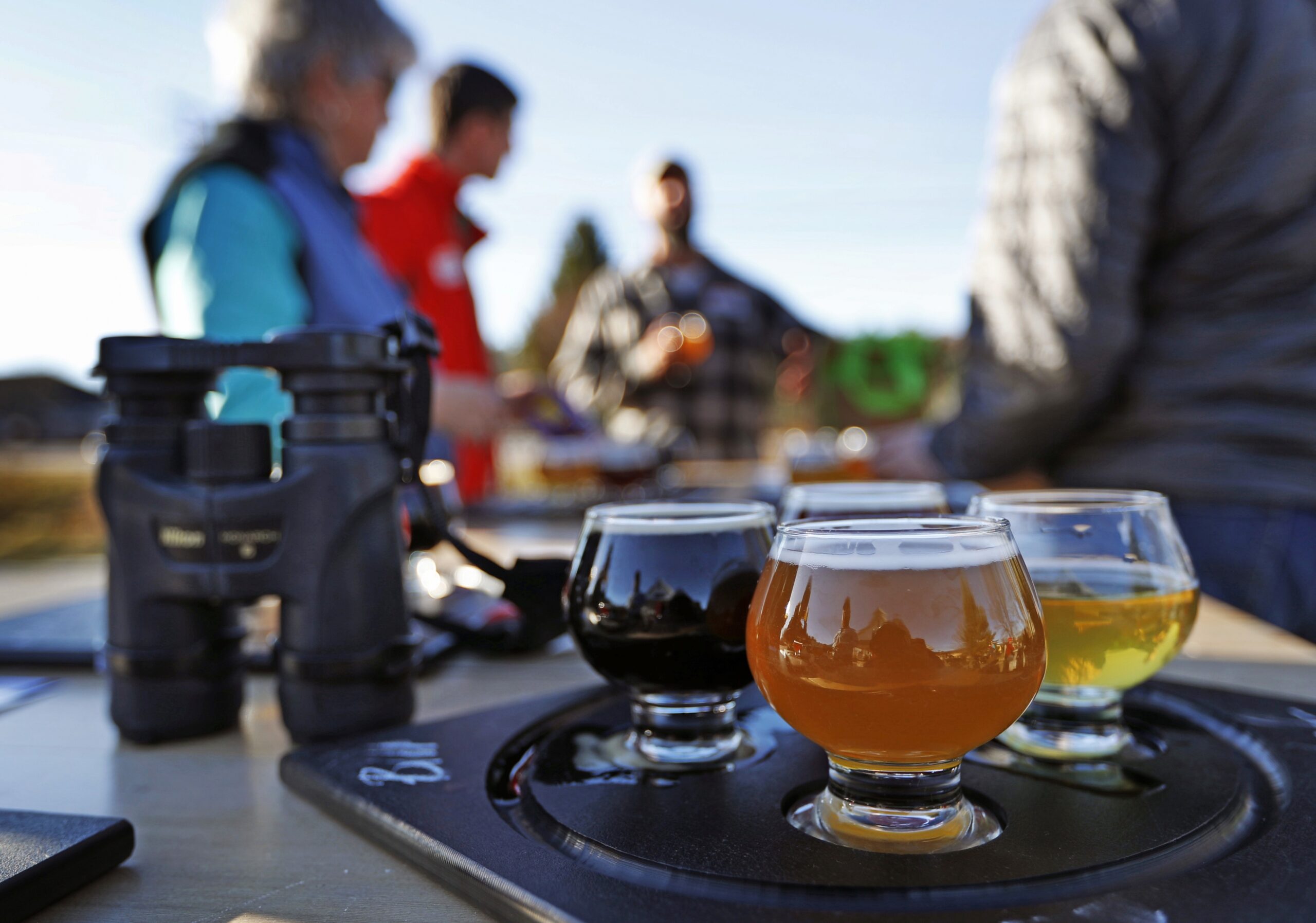
Enhanced administrative oversight
The new Department of Revenue office overseeing alcohol regulations includes staff who specialize in alcoholic beverage issues. Glazer, the attorney, said agents who used to handle this topic covered areas like gambling and tobacco, too.
“When questions arose, they didn’t always have great answers because they were dealing with a lot of other things,” he said.
The new laws will allow for more consistency in regulatory enforcement, Glazer added.
“There were a lot of industry members who were getting away with a lot of things. The only way it would come to light is if other industry members ratted them out,” he said. “Now, the division is going to have a lot more resources to be proactive in enforcement. They’re going to have more resources to provide better education so that people understand what the rules are.”
The Department of Revenue selected former state legislator Mark Meyer to lead the new division. Meyer said the state transferred in agents who were previously working in alcohol enforcement, and he’s in the process of filling out the rest of his staff, which will include a unit for outreach and education.
Meyer said the division has prioritized writing administrative rules for the new law and processing full service retail sales permit applications.
“I was very concerned about the idea that we get those out the door so that there was no one that would fall through the cracks,” Meyer said. “I’m happy to tell you that every single license, every single request we had that day, that was in the queue, was issued on May 1, and I’m not aware of anybody that wasn’t in compliance.”
While most of the new alcohol regulations adopted by lawmakers last year went into effect on May 1, other changes will start further in the future. Meyer said the changes will create a new statewide bartender license for use across municipalities starting Jan. 1, 2025.
A year later, operators of event venues like wedding barns will be required to hold a liquor license if hosting events that serve alcohol on more than six days a year. A separate permit will be available for venues that serve alcohol on six or fewer days.
Wedding barn owners filed a lawsuit earlier this month against the Department of Revenue over the regulations, arguing the law is unconstitutional and infringes on their ability to conduct business.

